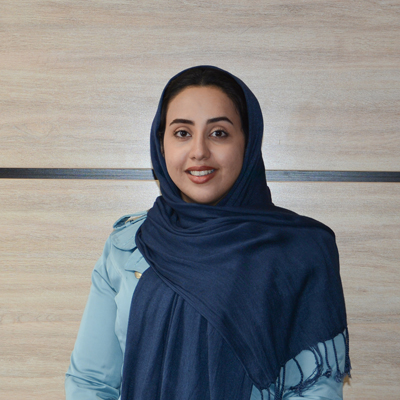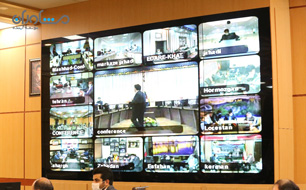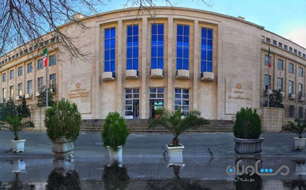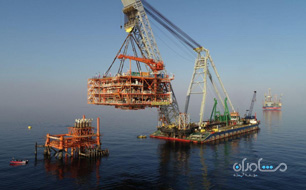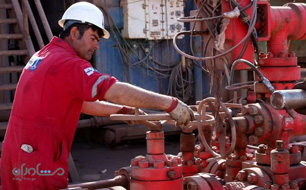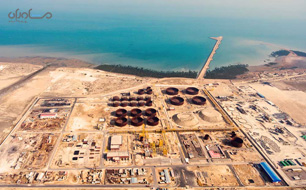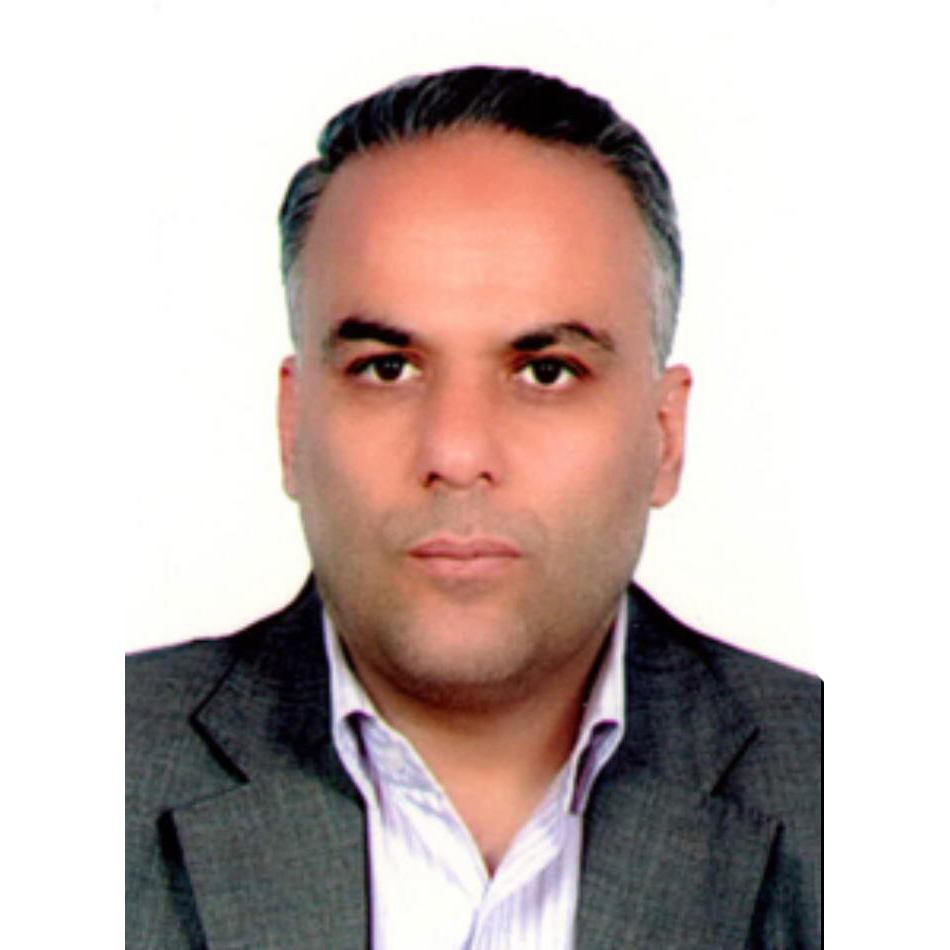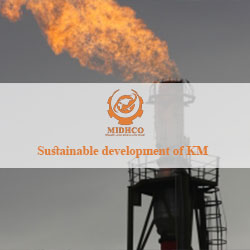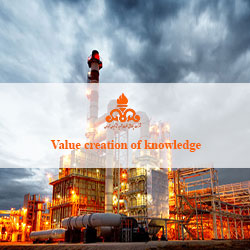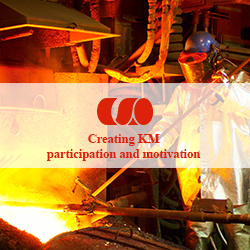5 global principles for knowledge management
Learn More
At the beginning of the issue, it should be noted that there is no specific and approved solution for the implementation of knowledge management in organizations, and each organization, according to its conditions and characteristics, should seek a specific solution and framework. However, each organization can consider five global principles, four of which are set out in ISO 30401. It should be noted that the mentioned principles are only for designing a knowledge management framework and are not used for knowledge management strategy (vision) and implementation of knowledge management (how to develop the framework).
The details of the mentioned principles are mentioned below.
Connect / Collect are two critical dimensions in knowledge management, representing the two paths between knowledge management and the user. The Connect path focuses on knowledge transfer through communication with individuals and tacit knowledge, and the Collect path focuses on knowledge transfer through the collection of documents and on explicit and codified knowledge.
Section 4.3.3 requires the ISO standard for organizations to communicate and interact humanely and collectively by disclosing implicit knowledge in the form of documents, films, etc., combining documents, and reusing knowledge.
• Technology such as portals, search engines, learning management systems, etc .; Roles such as leaders of CoPs, knowledge managers and knowledge-workers;
• Processes such as postoperative review, knowledge extraction, etc .;
• Leadership such as knowledge management policy, criteria, incentives, etc.
Section 4.4.4. ISO also addresses these four factors as well as the cultural factor as the fifth factor. Besides, these factors are mentioned in other sections.
• 3 paragraphs addressed to maps (5.3, 7.1, 7.2);
• Process (all clauses 8);
• 14 clauses on leadership (5.1, 5.2 and all clauses 6, 7, 9 and 10).
Many knowledge management actions are generally not institutionalized in the organization's structure, and framework and are presented as a separate action by a team. Their survival is as long as the team supports that action if knowledge management approaches should be institutionalized in all business elements and considered an influential culture and value in the business.
Incorporate knowledge management into project requirements.
Identify and record project lessons learned as project completion requirements and financial receipts.
Use the organization's experts to monitor the company's knowledge.
Build human resource evaluation mechanism, motivation, and reward based on knowledge and create competition.
All of the above are organizational changes based on knowledge. ISO 30401 explicitly refers to these changes and believes that the organization's top management should support integrating knowledge management system requirements into the organization's business processes and projects.
The details of the mentioned principles are mentioned below.
1- Alignment
The knowledge management framework should be tailored to the needs and strategy of the organization. Knowledge management seeks to improve the performance of the organization. The core value of knowledge is to help employees make decisions to do better in less time and cost. Therefore, according to paragraph 4.3 of the ISO standard, the knowledge management framework should focus on providing the desired knowledge to stakeholders at the right time and place to create added value.2- Connect / Collect
The knowledge management framework should include Connect / Collect.Connect / Collect are two critical dimensions in knowledge management, representing the two paths between knowledge management and the user. The Connect path focuses on knowledge transfer through communication with individuals and tacit knowledge, and the Collect path focuses on knowledge transfer through the collection of documents and on explicit and codified knowledge.
Section 4.3.3 requires the ISO standard for organizations to communicate and interact humanely and collectively by disclosing implicit knowledge in the form of documents, films, etc., combining documents, and reusing knowledge.
3- Push and Pull
The knowledge management framework should address Push and Pull (knowledge supply and demand). Ideal knowledge management systems in organizations to survive knowledge flow must pay attention to the supply and demand of knowledge simultaneously. Supply without demand accumulates knowledge and destroys its value, and demand without supply is fleeting and unstable. This is not mentioned in ISO 30401.4- Pay attention to the four main pillars and foundations of knowledge management, including plans, process, technology, and leadership.
In general, the four main drivers and factors support knowledge management, which is referred to as the four pillars of a desk. None of the factors is superior to the other, and it is necessary to pay attention to all of them equally.• Technology such as portals, search engines, learning management systems, etc .; Roles such as leaders of CoPs, knowledge managers and knowledge-workers;
• Processes such as postoperative review, knowledge extraction, etc .;
• Leadership such as knowledge management policy, criteria, incentives, etc.
Section 4.4.4. ISO also addresses these four factors as well as the cultural factor as the fifth factor. Besides, these factors are mentioned in other sections.
• 3 paragraphs addressed to maps (5.3, 7.1, 7.2);
• Process (all clauses 8);
• 14 clauses on leadership (5.1, 5.2 and all clauses 6, 7, 9 and 10).
5- Institutionalization
Knowledge management must be institutionalized in the structures of the organization.Many knowledge management actions are generally not institutionalized in the organization's structure, and framework and are presented as a separate action by a team. Their survival is as long as the team supports that action if knowledge management approaches should be institutionalized in all business elements and considered an influential culture and value in the business.
Incorporate knowledge management into project requirements.
Identify and record project lessons learned as project completion requirements and financial receipts.
Use the organization's experts to monitor the company's knowledge.
Build human resource evaluation mechanism, motivation, and reward based on knowledge and create competition.
All of the above are organizational changes based on knowledge. ISO 30401 explicitly refers to these changes and believes that the organization's top management should support integrating knowledge management system requirements into the organization's business processes and projects.
